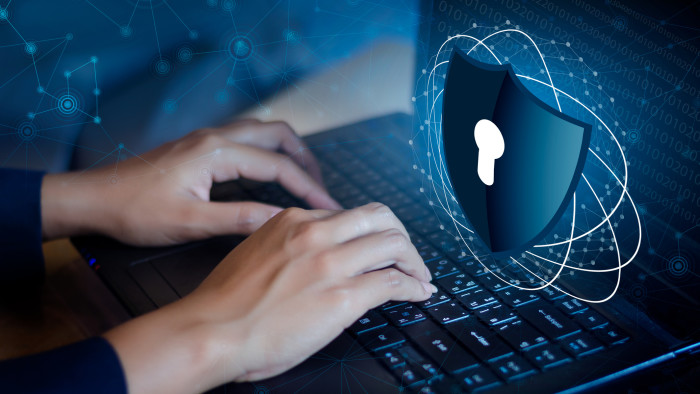
On this page
Why EncroChat and Sky ECC cases undermine the rule of law
For years, I’ve been defending clients in EncroChat and Sky ECC cases. During this time, I have been witnessing their fundamental right to a fair trial being gradually eroded. My clients are not considered “popular”. They belong to organized crime organizations, which are equated with terrorism. But fair trials are not about that. As criminal defence lawyers, we defend humans and their rights, and the right to a fair trial is among the most fundamental. It must be the highest standard for us to prove it, especially, in the harder cases.
Courts across Europe are accepting EncroChat and Sky ECC evidence without meticulous scrutiny.
“We trust France” (who acquired/ shared the data), seems to be the underlying mindset.
But this blind trust is legally indefensible. The French authorities failed to inform other EU member states about their hacking operations, despite that the Court of Justice of the EU (CJEU) ruled in the recent EncroChat I decision (C-670/22) that such notification was mandatory.
This requirement does not only guarantee compliance with the EU Law, but also compliance with national law “to ensure that the guaranteed level of protection in that Member State with regard to the interception of telecommunications is not undermined”.
Yet, this hasn’t been done. This means that the EncroChat and Sky ECC evidence was obtained unlawfully and should not be used in court if the evidence is likely to have a preponderant influence on the findings of fact.
By not complying, the defendant is left behind with no possibilities to comment on evidence, for example questioning the French authorities about the operation of acquiring and processing the data. If this is the situation, the case law of the CJEU is clear: exclude the EncroChat and Sky ECC evidence in every criminal court in the EU.
“We trust France” seems to be the underlying mindset. But this blind trust is legally indefensible. The French authorities failed to inform other EU member states about their hacking operations, despite that the Court of Justice of the EU (CJEU) ruled in the recent EncroChat I decision (C-670/22) that such notification was mandatory.
The reliability of EncroChat and Sky ECC-data is not proven
That brings me to the issue of reliability. What do defence lawyers receive to effectively assess the evidence? They’re handed excel sheets with chat messages but without access to the raw data or the digital custody chain.
However, this access is far from redundant. It has already been proven that messages have been misattributed, crucial information is missing in cases or that the context is lacking. Yet, defence teams are systematically denied the right to investigate these flaws. This undermines defendants’ ability to challenge the evidence effectively and makes fair trials impossible. For this reason, EncroChat and Sky ECC should not be used to substantiate findings of guilt by criminal courts in Europe.
The lack of context of the data is problematic
Another significant problem is the fundamental question: Who was really using an account?. Then it comes the issue related to the content, which raises other important questions: What exactly did they mean in their messages? What can exactly be proved? What crucial parts of the conversation are missing?.
If defence lawyers are denied access to all the material that has, in fact, been acquired and processed by France, defendants are denied the possibility to effectively refute the legality and reliability of the incriminating evidence. They are also deprived of the possibility to present exculpatory evidence to the judge, who’s already in the hands of the police and/or prosecutor.
And yet, defence teams are usually denied access to the full dataset, leaving them reliant on luck and perseverance to prove innocence. This is not how a fair trial should work.
If we continue down this path, we’ll lose something far greater than these individual cases. We’ll lose the principle that everyone—no matter the accusation—is entitled to a fair trial. Because the greatest threat to the rule of law isn’t organized crime; it’s a government that refuses to follow the law itself.
This is a guest article written by Justus Reisinger and may not reflect the views of Fair Trials.
Article edited by Ángela Rodríguez, Fair Trials’ Communication Manager.


